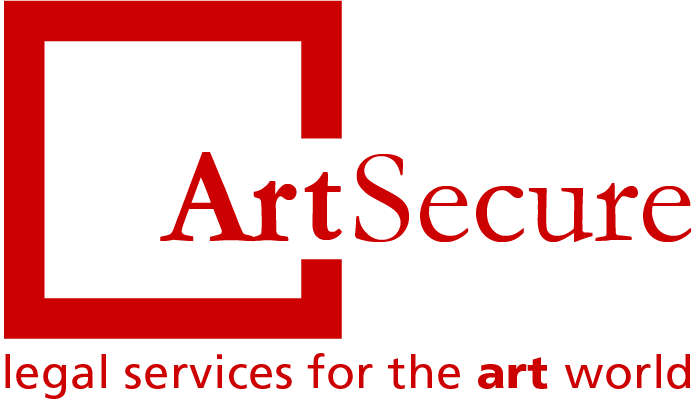It is not uncommon for buyers of fine art to proceed with a high-value purchase, relying solely on representations that (often well-intentioned) sellers or dealers make in relation to a work's value and authenticity. It is also not uncommon for these representations to prove false. Counterfeit works have invaded every corner of the art market; many forgers have perfected their skills and have produced fakes that manage to fool many expert eyes.
In Greece, the problem has reached unacceptable levels not only due to the quantity of fakes circulating in the market, but because the country's legal framework does not help tackle the problem. By law, experts of the National Gallery are not permitted to opine on the authentication of works that do not belong to its collection, unless it is in the public interests or a public authority orders them to do so. Further, works that are found to be fakes are not confiscated or destroyed. Therefore, we have a relatively free circulation of fakes without an official authority mandated to rule on authenticity issues.
So what can potential buyers of fine art do to mitigate the risks of paying a fortune for an inauthentic work? The answer is simple: conduct pre-sale due diligence and make cool-headed decisions.
Because the desire to own a specific work of art remains the main motive of a purchase, there is a strong tendency to read any positive (but not substantiated) information in relation to authenticity as some kind of certification. Buyers must be aware that fakes can be found in every corner of the market. Therefore, they must firstly thoroughly explore pre-sale authentication through an artist's foundation or by submitting the work to rigorous scientific examination. The careful examination of all the available documentation in conjunction with legal advice to ensure that the purchase agreement clearly states the parties' rights and obligations and addresses the risk of an authentication issue are of paramount importance.
The risks and potentially significant losses can be mitigated or averted through pre-sale due diligence. Diligence conducted after the sale may be a little too late..
Phoebe Kouvelas is an attorney-at-law specializing in art law, offering legal and commercial advice on issues related to the acquisition, retention, lending and disposition of fine art.
If buying or selling a work of art is something that you are considering, do not hesitate to get in touch.






